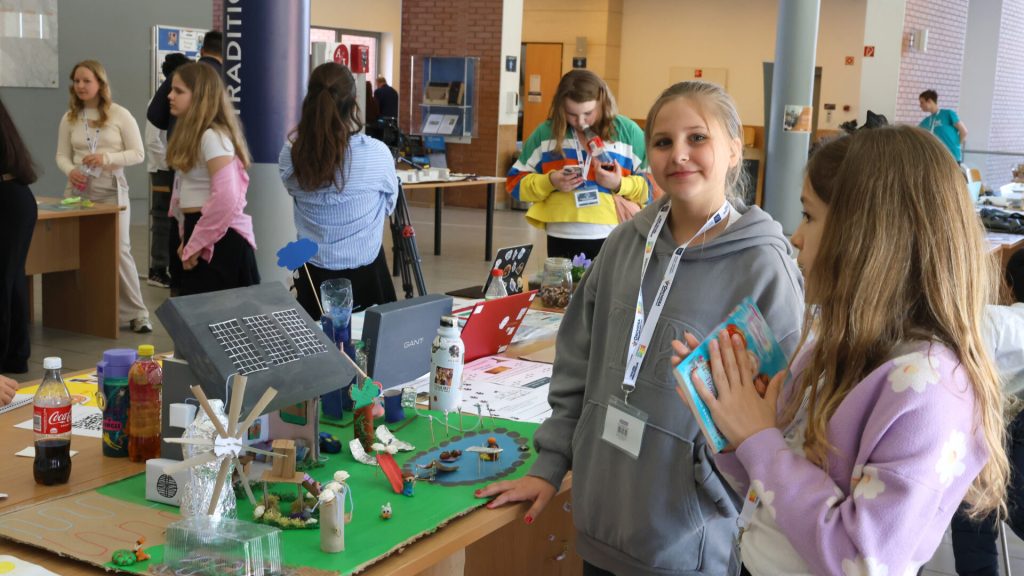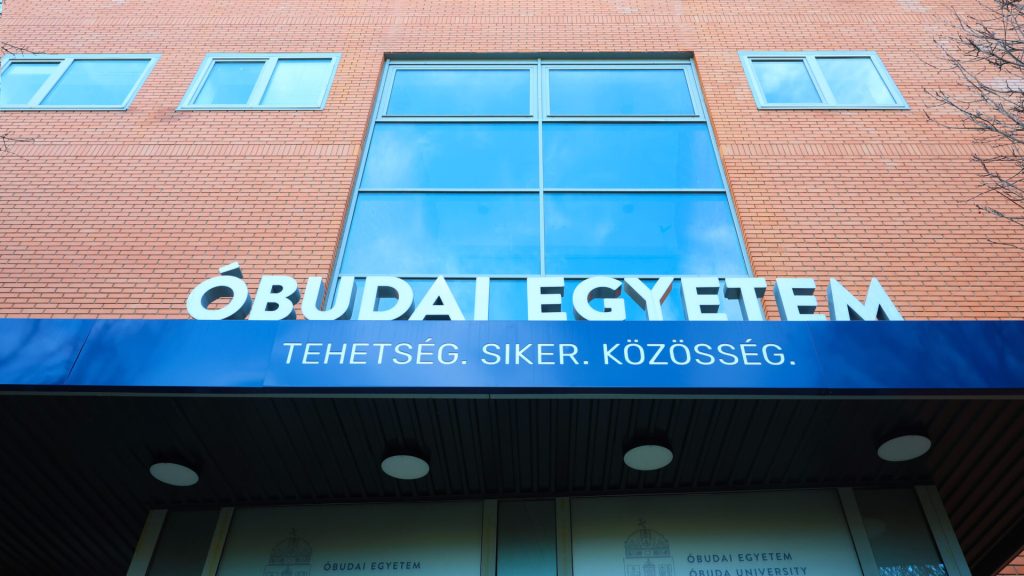Over 200 young talents and dedicated educators participated in the International STEAM (Science, Technology, Engineering, Arts, and Mathematics) Festival hosted at Obuda University’s central campus in early April. The event featured unique projects, engaging experiments, a scientific competition, workshops, and exhibitions, welcoming delegations from countries including Luxembourg, Finland, Belgium, and others.
Prof. Dr. Enikő Maior, Vice-Rector for Education at Obuda University, emphasized that the festival is more than just an event—it is a vibrant ecosystem of ideas, experiments, and collaborations.

She highlighted the university’s commitment to fostering a smarter and more sustainable world and proudly reaffirmed its role as the national center of the Hungarian STEAM Platform.
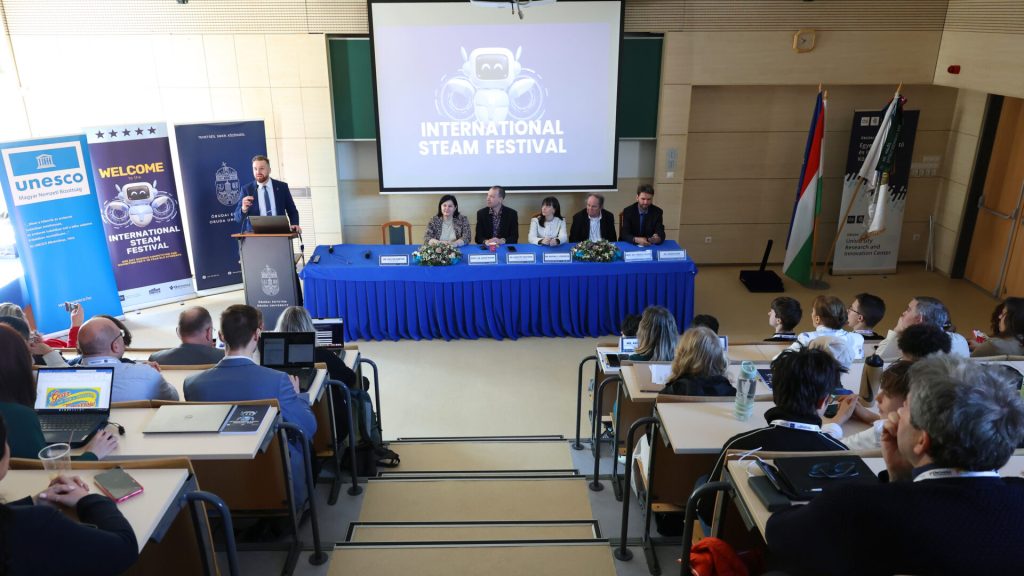
Zoltán Márton, Head of the STEAM Office and leader of the Hungarian STEAM Platform, stated: “Behind every great project stands an inspiring teacher, and this openness is precisely what Hungary needs.” He highlighted that the true essence of STEAM lies in connecting science, technology, art, and people to envision and build a more livable and better world. The festival clearly demonstrated this vision. Its main goal was fulfilled: bringing together creators, thinkers, and learners passionate about STEAM in a shared and inspiring space. A truly international forum emerged where experience-based learning took center stage.
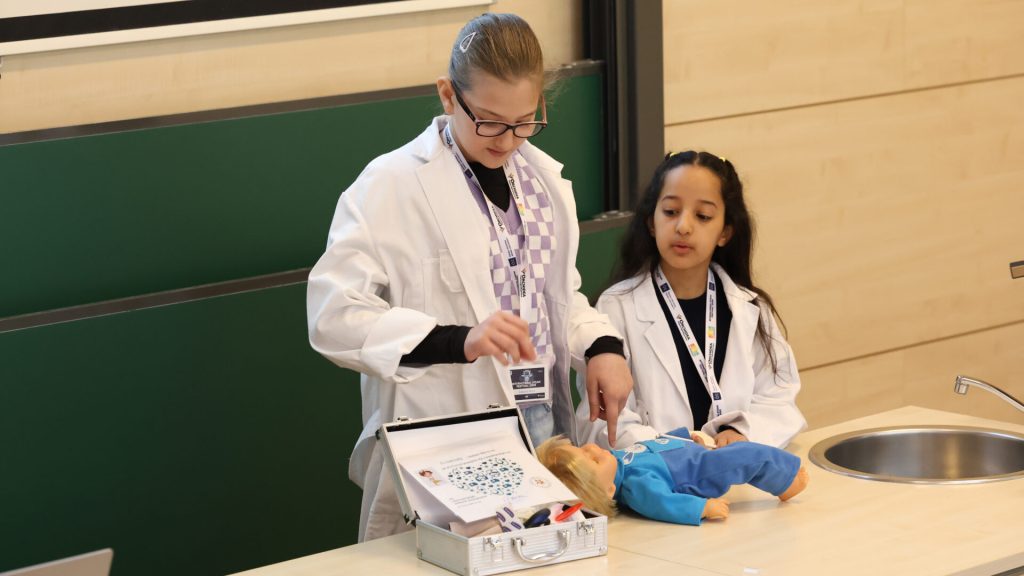
Innovative and Creative Youth
Participants competed in three age categories and topic areas in the festival’s scientific competition. The competition was both intense and engaging, with the impressive quality of the projects, their clear creativity, and evident scientific grounding leaving a lasting impression on the jury. Many projects offered innovative solutions to real-world problems, reflecting the maturity of young minds and the inspiring efforts of their educators. These presentations clearly demonstrated that the next generation is full of ideas, talent, and dedication.
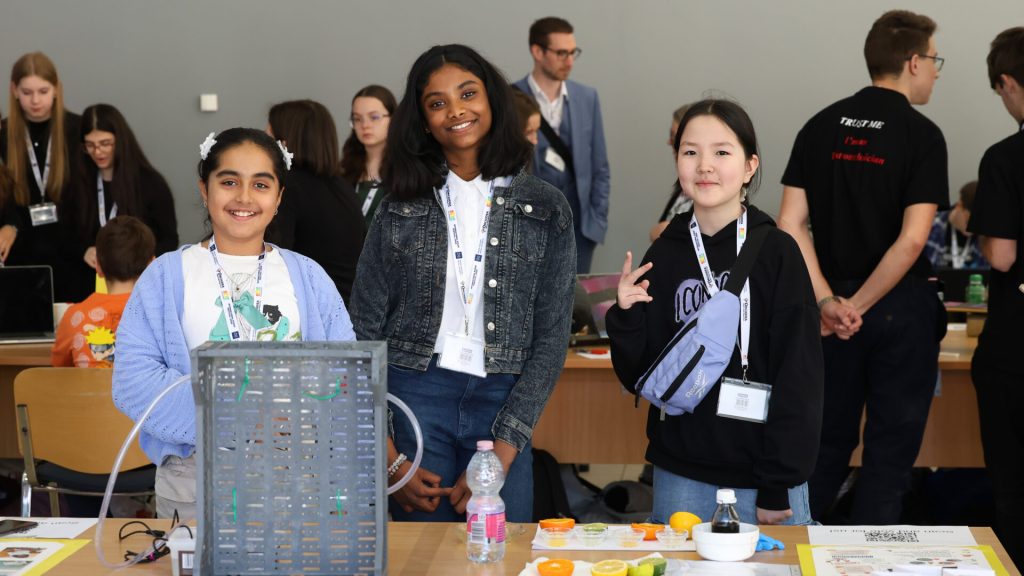
A panel of professionals from various educational levels rewarded the top-performing teams with valuable prizes. Several special awards were also presented, supported by Abacusan Studio, the Hungarian Association for Innovation, Kyndryl, and UNESCO.
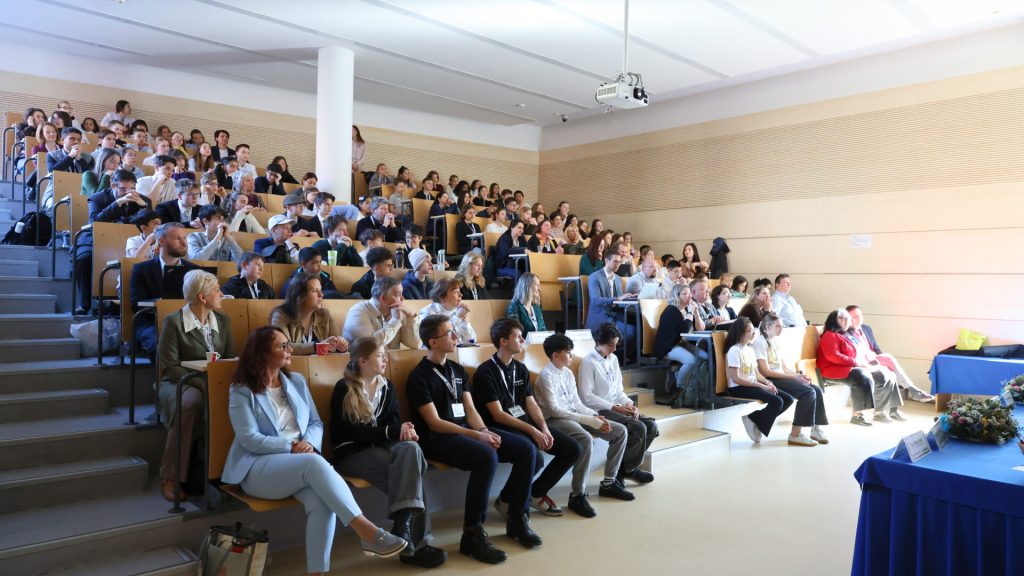
The festival offered a unique opportunity for STEAM leaders and experts to engage directly with primary and secondary school exhibitors and competitors. Representatives from the Hungarian Association for Innovation and the Ministry of Culture and Innovation also played an active role both in organizing the event and serving on the jury.
The guest of honor and international patron of the event was Dr. Kristóf Fenyvesi, senior researcher at the University of Jyväskylä in Finland. As the Director of the Experience Workshop STEAM Network, he led a geodesic dome-building workshop, which became a memorable highlight for participating students.
Dr. Milena Y. Krumova of Bulgaria, founder and director of the European Institute for Technologies, Education and Digitalisation and CEO of EduTechFlag, also enriched the event with valuable insights and contributed as a member of the international jury.
The event welcomed representatives from various EU STEM Coalition member states, reinforcing the message that the international STEAM community is a truly cross-border and united network—one where collaboration, knowledge-sharing, and a shared vision for the future prevail.
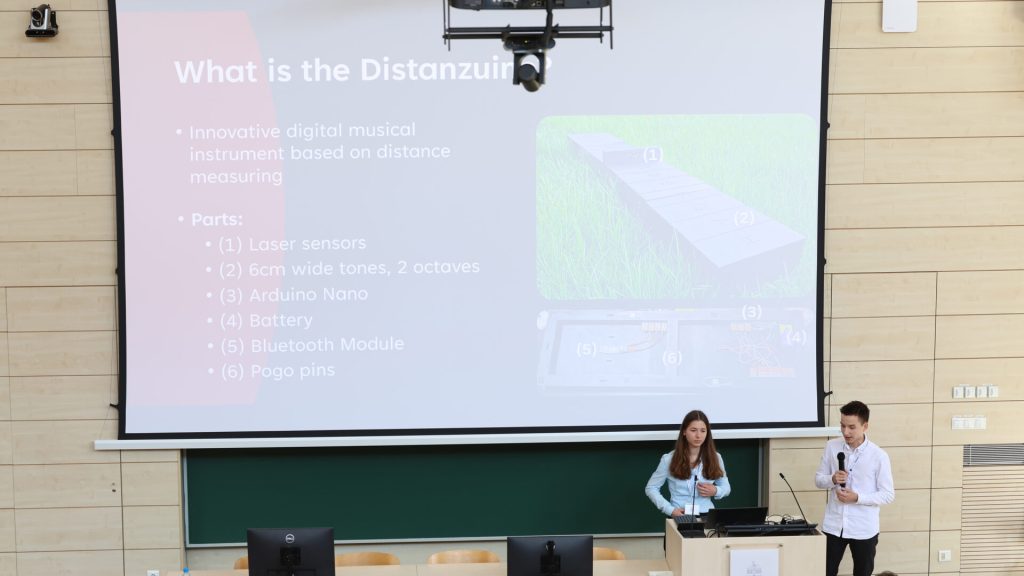
Zoltán Márton concluded: “This remarkable event could not have come to life without the tireless efforts of the dedicated professionals and supportive communities working behind the scenes.” More information about the contributors and supporters is available on the STEAM Office’s website.
